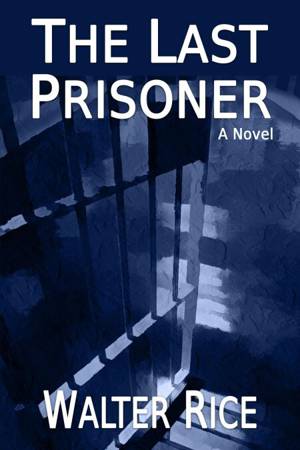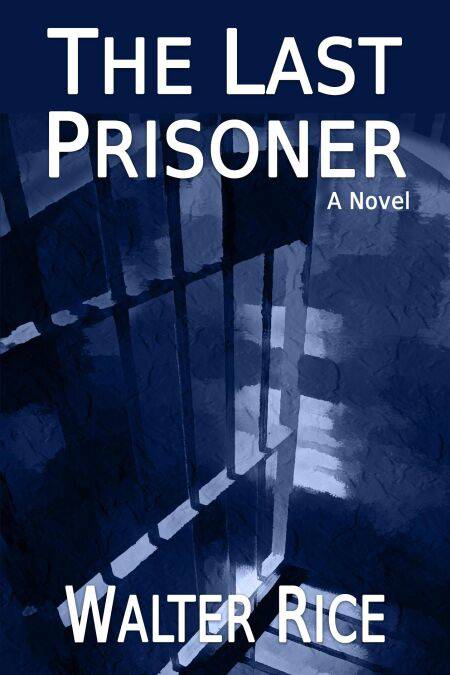
- Retrait gratuit dans votre magasin Club
- 7.000.000 titres dans notre catalogue
- Payer en toute sécurité
- Toujours un magasin près de chez vous
- Retrait gratuit dans votre magasin Club
- 7.000.0000 titres dans notre catalogue
- Payer en toute sécurité
- Toujours un magasin près de chez vous
Description
Mitch Souder is a black science teacher serving a 25-year term for the murder of a white high school girl. He maintains his innocence and refuses to show remorse for a crime he insists he didn't commit.
Ten years into his sentence at the age of thirty-eight, Souder learns that his prison has to close because it's a health hazard. Over several months, inmates are moved to other facilities, but Souder remains. When almost all the cells are empty, the warden tells Souder his fate is different. He becomes the last prisoner.
After thinking his appeals and protests have gone nowhere, Souder gets a second chance. The governor, a former prosecutor, has found problems with Souder's trial and so had arranged a special kind of parole. If Souder stays out of trouble for ninety days, his sentence will be commuted. If not, he'll go back to prison.
Souder has two college degrees and would love to teach again, but that's not the arrangement. Instead, he will be a barber, just as he has been in prison. He needs a job, and this is the offer.
He enjoys his freedom but adjusting is difficult. After his wife left him years ago, he finds a woman to love again but can't bear to tell her he's done time. Then there's the job, which is doable but doesn't pay enough to keep him afloat, even in his meager studio apartment with its peeling paint. Christmas is coming up fast, and he fears he'll be laid off and become homeless.
Then two people he thought he could trust offer him a way out. Big money is the payoff, but he'd have to become a criminal to get it. This is Souder's pivotal moment. After years of maintaining he's not a killer, would he commit a felony to achieve financial stability and a decent life?
The answer seems to be a simple yes or no, but what if Souder could find a third way? As he deals with real crime, he finds himself involved with law enforcement, a sultry singer, politicians, millionaires and powerful lawyers. Justice is the ultimate prize, if he can seize it.
Spécifications
Parties prenantes
- Auteur(s) :
- Editeur:
Contenu
- Langue:
- Anglais
Caractéristiques
- EAN:
- 9781536506082
- Date de parution :
- 05-09-16
- Format:
- Ebook
- Protection digitale:
- /
- Format numérique:
- ePub

Les avis
Nous publions uniquement les avis qui respectent les conditions requises. Consultez nos conditions pour les avis.






